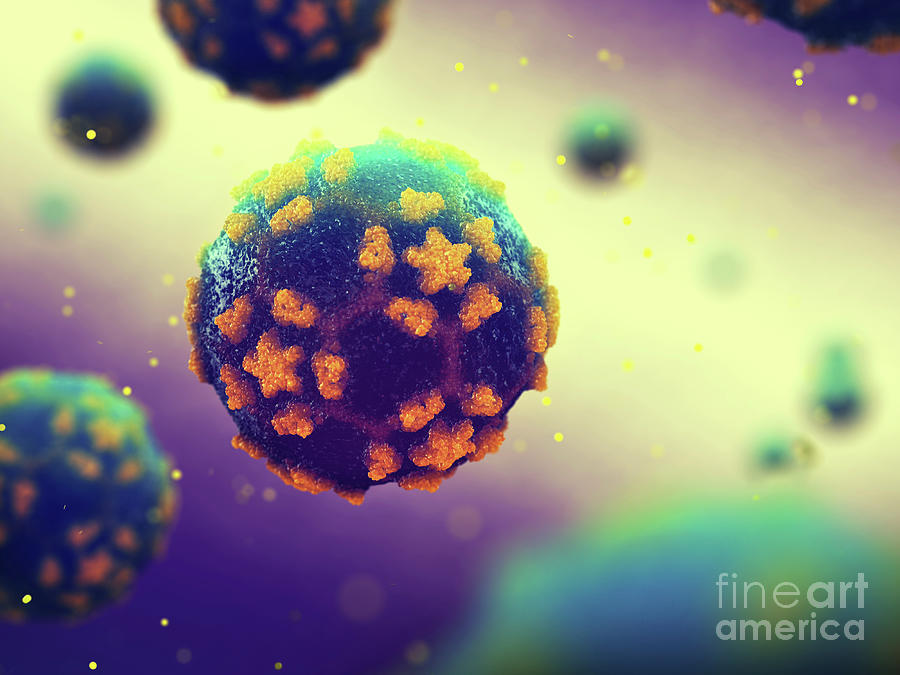
In addition, this one, much-hyped study makes no differentiation between different types or sources of meat. An extremely large meta-analysis published by Circulation (over 1.2 million participants) found that fresh and unprocessed red meat consumption was not associated with increased heart disease risk, stroke, or diabetes. But other studies don’t support the conclusion that it harms us. In elderly patients, it also helps energy metabolism and improves neurotransmitter function in the brain.Īnd if L-carnitine is actually good for us, what about meat? That’s still controversial. It also helps with kidney disease and male infertility, reduces fat mass, increases muscle mass, and reduces fatigue. Its essential function is to transport fatty acids into our mitochondria, which may be why it is so beneficial to heart patients. None of the media reports we saw bothered to mention any of the positive effects of L-carnitine-even those mentioned in the study itself.

In other words, L-carnitine, far from being harmful to the heart, actually heals it! This meta-analysis specifically tested L-carnitine on hard outcomes in humans who had already experienced acute myocardial infarction, and found that L-carnitine was associated with significant reduction in death from all causes and a highly significant reduction in ventricular arrhythmias and anginal attacks following a heart attack, compared with placebo or control. A large and recent meta-analysis, published in the journal Mayo Clinic Proceedings, suggests that L-carnitine is helpful for heart disease, not a cause. Second, the idea that L-carnitine causes heart disease conflicts with other, better evidence. At the same time, it is still unclear whether TMAO production is caused by eating red meat at all (this was just an assumption), and whether raised TMAO levels actually cause heart disease. This suggests that these subjects’ immune systems were already damaged-not that all meat eaters’ are. The study found that the red meat eaters did not produce TMAO after a course of antibiotics. We also don’t know how healthy the five meat-eaters were in this study. That’s right, their conclusion that vegetarians and vegans have different gut bacteria that don’t produce a burst of TMAO after consuming L-carnitine was based on just one individual. Most of the study was done on mice, though there was a human component-a tiny sample of only six people, five meat-eaters and one vegan. There is a lot to find fault with in this study.įirst, there’s the question of the study participants. The study further states that vegetarians and vegans have different gut bacteria, which do not produce a burst of TMAO after consuming L-carnitine.

Here are some examples of what the media said about it: The Daily Mail (UK): “Red meat nutrient used in weight-loss and muscle-building supplements could cause heart disease”! The Dallas News: “Put down that steak! (and energy drinks, too) the carnitine in these foods may increase risk of cardiovascular disease”!

No, meat is not unsafe-nor is L-carnitine.Ī recent study published in the journal Nature Medicine associates the amino acid L-carnitine, found in red meat, supplements, and sports supplements, with the risk of heart disease.


 0 kommentar(er)
0 kommentar(er)
